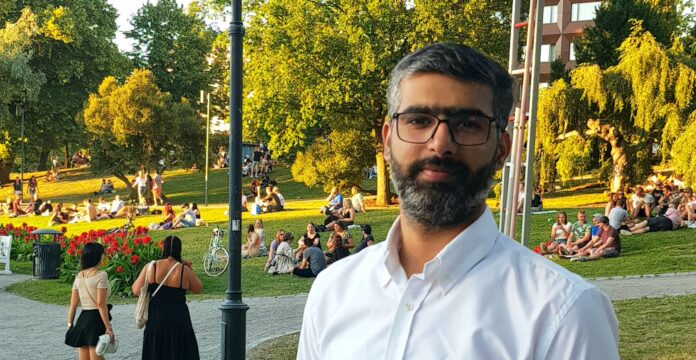We all want a good life, but what defines ‘a good life’ for an international talent contemplating where to move next?
Discussion on talent attraction and retention is full of generalisations. Work-life balance, salary and bureaucratic matters are all important. However, not all talents are the same. While we all appreciate spare time, a good salary and little time spent filling documents, differences appear when we need to prioritise.
It would be difficult to find anyone opposing beautiful nature or a well-functioning society. Still, if they come with cold winters and comparatively high taxes, some may think twice.
Evidence on factors that make talent stay is scattered and so are the talents in question. Ones with family (or planning to have one) likely value welfare society with support for working parents. Singles or those already past that phase in their life may give more weight to opportunities of living an active social life, having a variety of hobbies on offer and spending time out and about.
There is also some evidence that factors such as gender and cultural background may matter in what people value in their working life. Expectations and wishes stem from individual situations, values and previous experiences.
What do talents want?
All above said, it is worth trying to make some generalisations on talents’ expectations, not least because of the seriousness of the matter. Finland’s population is ageing, and the need of immigrant work force will continue to grow in the future.
Previous research has identified and emphasised the human side of employment relationship. Opportunities for individual development and advancement, meaningful work, and companies’ ethical and social responsibility increase attractiveness of the position.
To retain the best talent, it is important for organisations to participate in continuous dialogue with their employees. An organisational culture that underlines openness, continuous personal growth, independence, and communality is considered a key component in retaining the best talent.
The so-called hard locational factors, such as labour market opportunities, residential opportunities, and transportation and language, have typically been important in determining where talents wish to locate. However, there is also evidence that the so-called soft locational factors, such as quality of life, living environment, social relationships, available amenities, climate and opportunities to live a fulfilling life outside work, matter more to some.
Companies and regions must join forces
The good news is that Finland can offer many of the things international talents are after. Yet, it can still be difficult for a Finnish industrial organisation to attract and retain international talent, as competition for it is fierce. Both Finland and companies located there are in competition with better-known countries, regions and multinational companies utilising impactful marketing strategies.
Smaller companies are often hindered by their typically unplanned and unsystematic talent management practices. Therefore, carefully building and communicating a positive corporate image facilitates organisations to widen their reach towards the best global talent. However, that may not to be enough.
To be truly effective, companies should join forces with their regional collaborators – and competitors. All benefit, if educated talents are drawn to the shared regional job market. Moreover, cities and municipalities are needed to develop jointly attractive and powerful messages. If a region has universities, they should join the common effort.
It is important to remember, that the group we understand as “talents” includes people from various fields, cultural backgrounds, lifestyles and situations with different expectations and values.
Before we try to sell them something, it is worth listening to what they are after.
PhD Mari K. Niemi, Research Director, E2 Research
PhD Khuram Shahzad, Assistant Professor, University of Vaasa’s InnoLab
Blog is based on the final report of the DA-PITO-project:
Niemi, Mari K. & Sorin Dan, Johanna Kalliokoski, Khuram Shahzad, Shah Rukh Shakeel, Rathan Alagirisamy, Iida Laurila (2021): Talent Retention and the Development of Digital Skills. A study of the ecosystem-based Digitalisation Academy located in Vaasa, Finland. Publications of the Ministry of Economic Affairs and Employment 2021:23. Ministry of Economic Affairs and Employment of Finland, Helsinki, 2021.
Image credit: Sammy Williams




